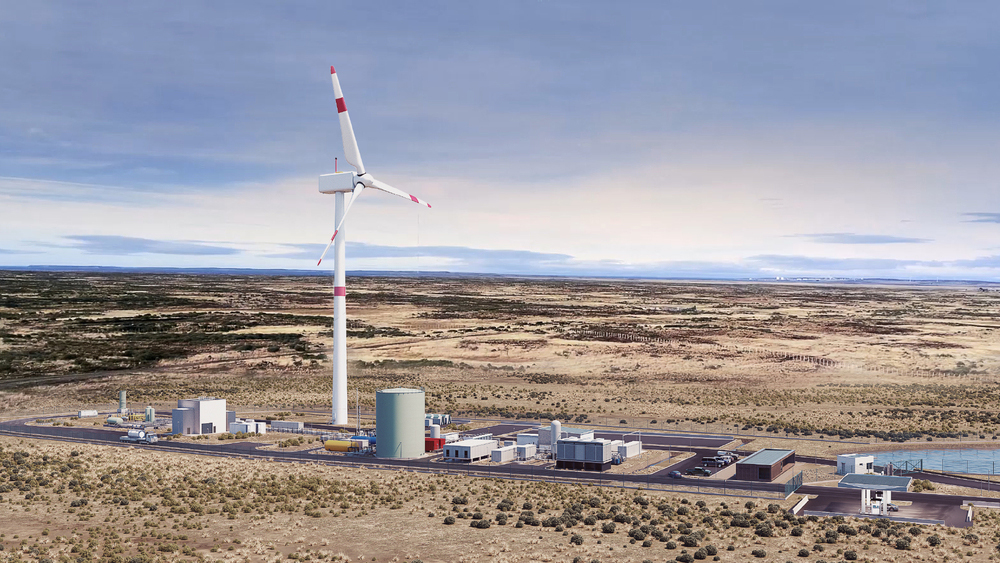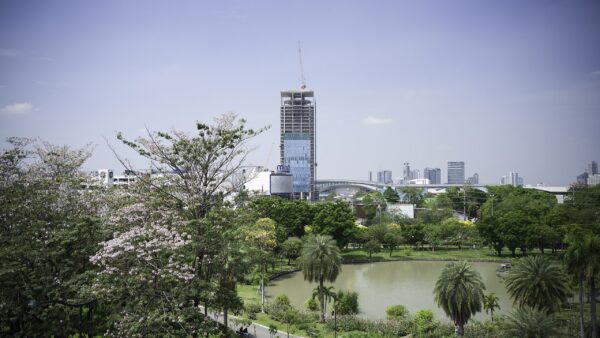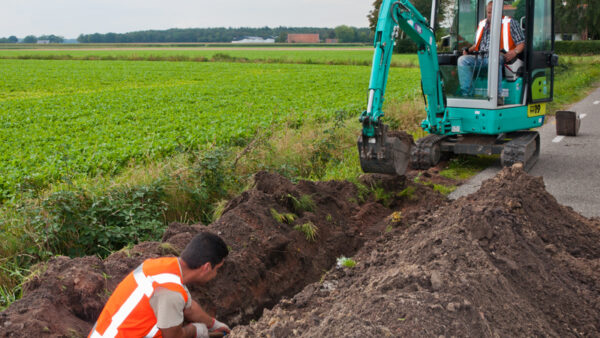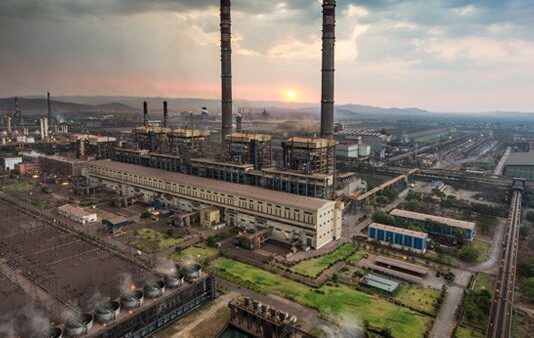
Work has started on a pioneering wind farm on the Magellan Straits in southern Chile that will produce green hydrogen and help Porsche produce e-fuels, with Chilean energy minister Juan Carlos attending the groundbreaking ceremony.
Seen as the saviour of the internal combustion engine amid the climate crisis, e-fuel – also referred to as e-gasoline – is made from synthetic methanol. Proponents say that, when burned, it emits 90% less carbon dioxide (CO2) than fossil fuels.
The Haru Oni project, located in Cabo Negro, is being developed by an international consortium that includes Porsche, Italian energy company Enel, Siemens Energy, Chinese energy firm AME and the petroleum company ENAP from Chile.
Porsche and Siemens say the pilot product will produce around 130,000 litres of e-fuels by the end of next year. In two further phases, capacity will be increased sharply to about 55 million litres by 2024, and around 550 million litres by 2026.
The aim is to connect a 1.25MW electrolyser to a 3.4MW turbine. In the first step, the electrolyser splits water into oxygen and hydrogen. Carbon dioxide is then filtered from the air and combined with the green hydrogen to produce synthetic methanol, which in turn is converted into e-fuel.
Armin Schnettler, a vice president of Siemens Energy, said in a press statement: “With Haru Oni, we’re bringing our power-to-X technologies to the global market. We’re jointly developing and realising the world’s first integrated and commercial large-scale plant for producing synthetic, climate-neutral fuels.”
Michael Steiner, a Porsche board member with responsibility for research and development, added that the plant was an expression of Porsche’s pioneering spirit. “We also see ourselves as pioneers when it comes to renewable fuels, and we want to drive development forward. This fits in with our clear overall sustainability strategy. It means that Porsche as a whole can be net carbon-neutral as early as 2030.”
Germany’s Federal Ministry of Economic Affairs is supporting the project with an €8.2m grant as part of its national hydrogen strategy.
Image: Porsche’s rendering of the planned site
Further reading:










